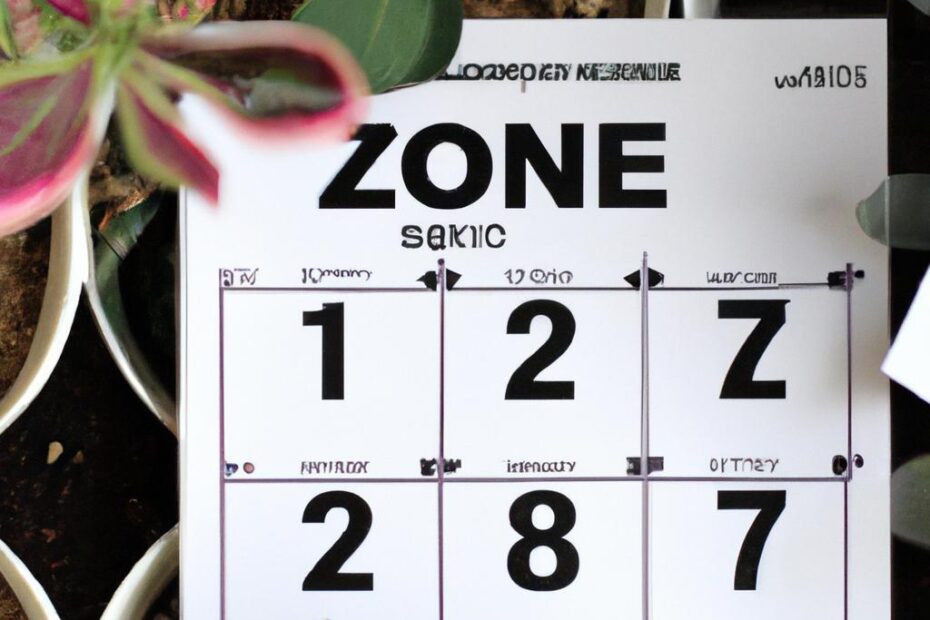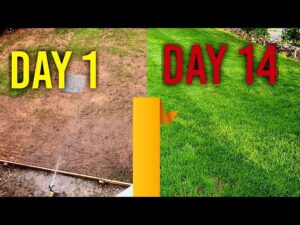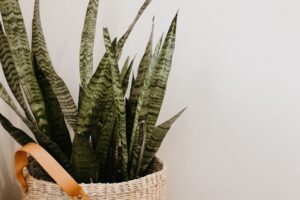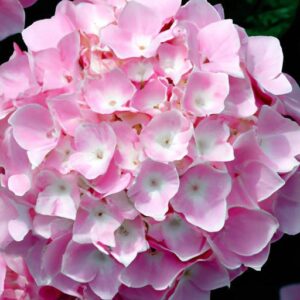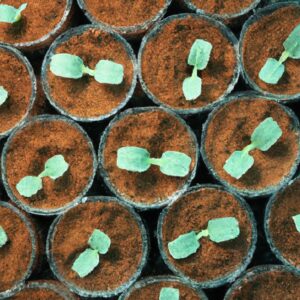In the fertile land of Zone 7b, where the sun shines warmly and the soil is rich, a carefully curated planting calendar is the key to a successful garden. From the vibrant blooms of spring to the bountiful harvest of fall, knowing when to sow and when to reap is crucial for any aspiring gardener. Join us as we explore the ins and outs of the Zone 7b planting calendar, unlocking the secrets to a thriving garden in this unique climate.
Best Plants for Zone 7b Climate
Looking to create a stunning garden in Zone 7b? Here are some of the best plants that thrive in this climate:
- Lavender: This aromatic herb not only adds beauty to your garden but also attracts pollinators like bees and butterflies.
- Roses: With a wide variety of colors and sizes, roses are a classic choice for any garden. Make sure to choose a variety that is suited for your specific zone.
- Japanese Maples: These stunning trees offer a pop of color with their vibrant leaves, making them a focal point in any garden.
| Plant | Best Time to Plant |
|---|---|
| Lavender | Spring |
| Roses | Early fall or spring |
| Japanese Maples | Fall |
These plants are just a few examples of the many options available for Zone 7b. By choosing plants that are well-suited for your climate, you can create a beautiful and thriving garden that will bring you joy for years to come.
Guide to Year-Round Planting in Zone 7b
When it comes to planting in Zone 7b, timing is key. Knowing when to plant each type of plant can help ensure a successful garden year-round. In Zone 7b, which covers regions with a minimum winter temperature of 5 to 10 degrees Fahrenheit, gardeners have the advantage of a relatively mild climate that allows for extended growing seasons.
For a fruitful year-round garden in Zone 7b, consider planting a variety of fruits, vegetables, and flowers that thrive in this climate. Some cold-hardy plants can even withstand light frosts, extending the growing season well into the winter months. Take advantage of the cooler temperatures by planting cool-season crops in the early spring and fall, and transition to warm-season crops in the summer months for a diverse and abundant garden all year long. Remember to mulch and provide adequate protection for plants during extreme weather conditions to ensure optimal growth and yield.

Seasonal Tips for Successful Gardening in Zone 7b
As a gardener in Zone 7b, it’s crucial to follow a planting calendar to ensure a successful and thriving garden year-round. By understanding the climate and seasons in your region, you can make the most of your gardening efforts. Here are some seasonal tips to help you plan and maintain your garden:
- Spring: Plant cool-season vegetables such as lettuce, spinach, and peas early in the season. As the weather warms up, you can transition to warm-season crops like tomatoes, peppers, and squash.
- Summer: Be sure to water your plants regularly, especially during hot and dry periods. Mulch can help retain moisture in the soil and keep weeds at bay. Harvest fruits and vegetables as they ripen to encourage continued growth.
- Fall: Plant cool-season crops once again, such as broccoli, carrots, and kale. Consider covering your plants with row covers or cold frames as temperatures begin to drop.
- Winter: Protect your garden from frost by covering tender plants or bringing them indoors. Use this time to clean and organize your garden tools for the upcoming spring season.
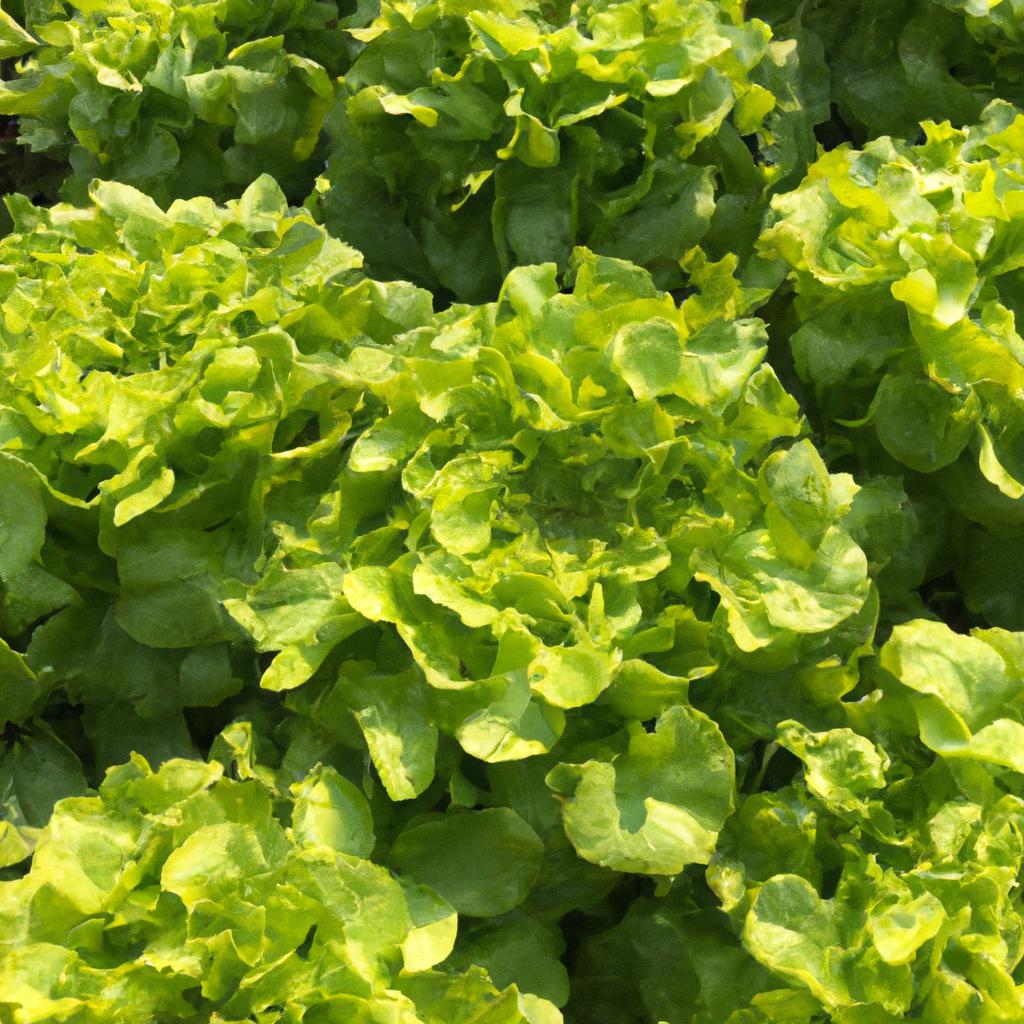
Recommended Vegetables for Planting in Zone 7b
In Zone 7b, there are a variety of vegetables that thrive in the moderate climate and fertile soil. When planning your planting calendar, consider including the following vegetables:
- Tomatoes: With proper care, tomatoes can produce delicious fruits throughout the growing season.
- Peppers: Bell peppers, jalapenos, and other varieties of peppers are a great addition to any home garden.
- Zucchini: Zucchini plants are prolific producers and can be used in a variety of dishes.
- Green Beans: Whether bush or pole variety, green beans are easy to grow and provide a bountiful harvest.
| Vegetable | Planting Time |
|---|---|
| Tomatoes | Early Spring |
| Peppers | Mid-Spring |
| Zucchini | Late Spring |
| Green Beans | Early Summer |
By incorporating these recommended vegetables into your planting calendar for Zone 7b, you can enjoy a bountiful harvest and fresh produce throughout the growing season. Remember to consider factors such as sunlight, soil quality, and water requirements when planning your garden layout.
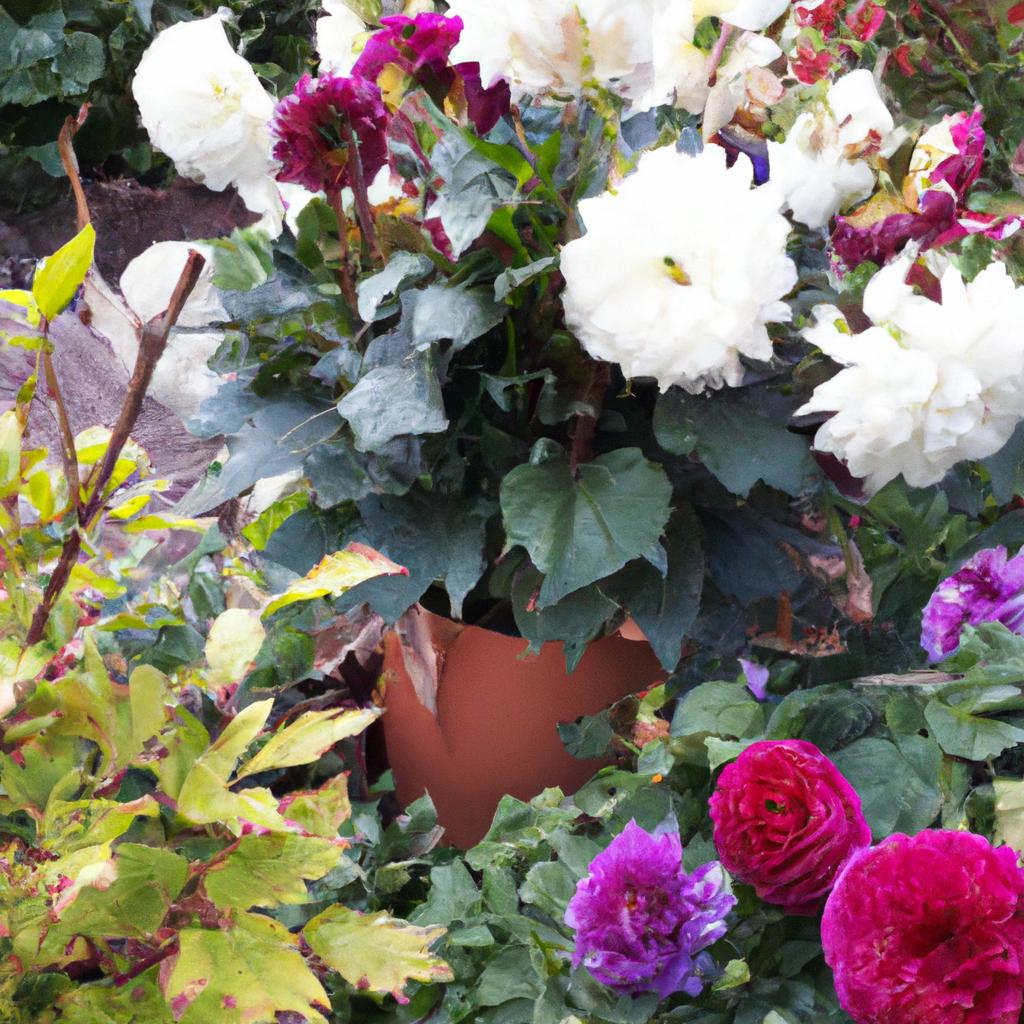
Ideal Flowers for Zone 7b Gardens
When it comes to planting a beautiful garden in Zone 7b, there are several flowers that thrive in this specific climate. Some of the include:
- Tulips: These colorful flowers are perfect for adding a pop of color to your garden in the spring.
- Hydrangeas: Known for their large, showy blooms, hydrangeas are a popular choice for Zone 7b gardens.
- Black-eyed Susans: These cheerful flowers are low-maintenance and attract butterflies to your garden.
- Daylilies: With their vibrant flowers and easy care, daylilies are a great choice for Zone 7b gardens.
By choosing these ideal flowers for your Zone 7b garden, you can create a beautiful and thriving outdoor space that will bring you joy throughout the seasons. Be sure to plant them at the appropriate times of year according to this planting calendar:
| Plant | Best Time to Plant |
| Tulips | October to December |
| Hydrangeas | Spring or Fall |
| Black-eyed Susans | Spring or Fall |
| Daylilies | Spring or Fall |
Key Factors to Consider When Planning Your Zone 7b Garden
First Frost Date
One of the is the first frost date in your area. Knowing when the first frost typically occurs will help you determine the best time to plant certain crops and when to harvest them before the cold weather sets in.
Soil Quality
Another important factor to consider is the quality of your soil.
Amending your soil with organic matter or fertilizers can help improve its quality and ensure that your plants have everything they need to thrive.Make sure to test your soil to see if it is lacking in any essential nutrients or if it has a pH level that may not be suitable for certain plants..
FAQ
Q: What is a Zone 7b Planting Calendar?
A: A Zone 7b Planting Calendar is a guide that helps gardeners in Region 7b know when to plant different types of crops or flowers based on their specific climate and growing conditions.
Q: Why is it important to follow a planting calendar?
A: Following a planting calendar can help maximize your garden’s yield, optimize growth patterns, and ensure that your plants have the best chance of thriving in your specific climate.
Q: How can I determine my specific zone?
A: You can determine your specific zone by using the USDA Plant Hardiness Zone Map, which divides North America into 11 planting zones based on average annual minimum winter temperatures.
Q: What type of information is included in a Zone 7b Planting Calendar?
A: A Zone 7b Planting Calendar typically includes information on when to plant various fruits, vegetables, herbs, and flowers, as well as tips on soil preparation, maintenance, and harvesting.
Q: Are there any specific challenges that gardeners in Zone 7b may face?
A: Gardeners in Zone 7b may face challenges such as unpredictable weather patterns, pests, and diseases that are common in the region. It is important to be prepared and proactive in addressing these issues.
Q: Where can I find a reliable Zone 7b Planting Calendar?
A: You can find a reliable Zone 7b Planting Calendar online, at your local gardening store, or through agricultural extension services in your area. It is important to use a calendar that is specific to your planting zone for the best results.
The Conclusion
As you plan your garden in Zone 7b, keep in mind the unique climate and growing conditions of your area. By following a planting calendar tailored to your zone, you can maximize your garden’s potential and ensure a fruitful harvest. Whether you’re a seasoned gardener or just starting out, this calendar will guide you through the seasons and help you cultivate a thriving garden in Zone 7b. Happy planting!
- Cat Palm vs Majesty Palm: Which Should You Choose? - June 30, 2024
- Flowers That Survive Winter: Discover the Exceptional No. 5 - June 30, 2024
- The Ultimate Guide to the Growth and Care of the Black Pagoda Lipstick Plant - June 29, 2024
